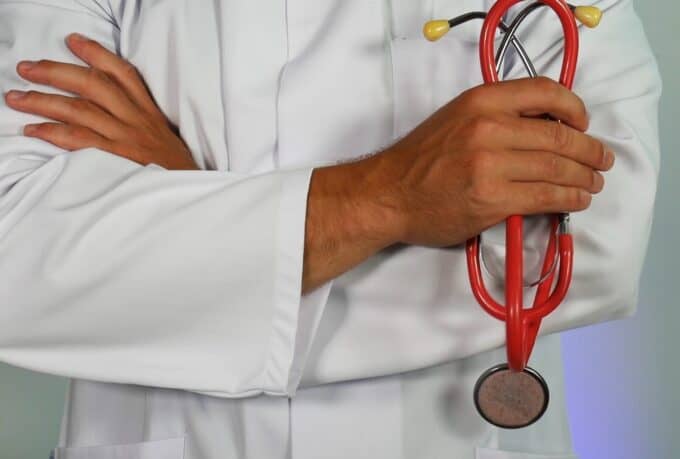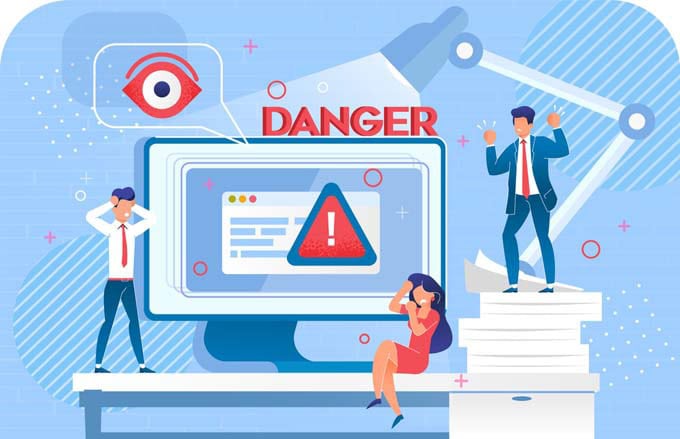Experts expect rapid recovery of the healthcare sector
Experience over the past decades has shown that the healthcare sector has performed better and recovered more quickly in phases with strong corrections on the stock markets. Stefan Blum, Lead Portfolio Manager of BB Adamant Medtech & Services, explains that this price recovery for medical technology companies and healthcare providers begins when the fundamental condition of the companies can be assessed after an initial shock phase.

Demand in the healthcare sector is less dependent on economic influences. Lower losses in earnings power, solid balance sheets with low debt and high cash flow: such economic conditions are defying the current Corona crisis. Growth markets such as digital health, which account for 30 percent of the portfolio, are hardly affected by economic cycles - according to a statement by Bellevue Asset Management AG.
Many of these portfolio companies generate subscription-based revenues and some even benefit from the Corona crisis, writes Stefan Blum. The portfolio expert points, for example, to telemedicine providers Teladoc, Ping An Healthcare Technology and One Medical (1Life Healthcare) and the possibilities of being able to treat patients virtually.
For Christian Lach, Lead Portfolio Manager of the BB Adamant Biotech Funds, the corona crisis is once again putting the developers of antiviral therapies more in the focus of investors.
Bottlenecks in the supply chain
Accordingly, innovators in particular should be able to profit. However, among drug companies, persistent delays in the supply chain could have a negative impact on those that have their active ingredients produced in China and India. This would primarily affect Western specialty pharma companies, especially if they are currently dependent on refinancing.
China already well positioned again
The picture is very different in Asia, where the peak of the pandemic seems to have passed. There, healthcare companies produce locally and also have experience in dealing with epidemics, says Oliver Kubli, emerging markets expert in the healthcare team and portfolio manager of BB Adamant Healthcare Asia Pacific:
"It was precisely because of the experience with the Sars crisis, for example in creating emergency protocols, that these countries were better prepared for a Corona pandemic." According to Kubli, production facilities in China, where many intermediates for drugs are produced, were already running at 80 to 90 percent capacity again by the end of February. At the same time, Kubli is convinced that the corona crisis has encouraged the political leadership in Beijing to prioritize the "Made in China" approach to healthcare.
China's own research and development, especially in the biotech industry and in technology platforms, is to be pushed largely independently of foreign know-how. The long-term structural trends, such as the modernization of the Chinese healthcare system, are fully intact. The biggest beneficiaries of this crisis are internet healthcare companies such as Alibaba Healthcare and Ping An Healthcare, which have successfully built entire healthcare 2 ecosystems over the past decade.
New regulatory measures now make it possible to issue prescriptions for medicines online and also to send them online. The BB Adamant Asia Pacific Healthcare fund, for example, has weathered the crisis relatively well so far. In his own fund portfolio, Kubli has recently built up defensive positions with Japanese pharmaceutical companies. On the other hand, he is focusing on companies that have recently made considerable progress in the fight against viral infections.
Christian Lach's fund portfolio currently contains 28.5% of companies that are in some way connected with the fight against the Corona pandemic. Most of these are drug developers, but the portfolio also includes diagnostics specialists and service providers for clinical trials. Specifically, there are eight companies, of which biotech heavyweights Gilead Sciences and Regeneron are the largest holdings.
12 to 18 months possible until approval
According to Lach, the active substance Remdesivir from Gilead has the best prospects of being the first drug against the coronavirus to receive approval. Similar to the influenza drug Tamiflu, Remdesivir is a virostatic drug that blocks the multiplication of the viruses. Tamiflu was also developed by Gilead, but is marketed by Roche and generates billions in annual sales during flu outbreaks. In scientific terms, Remdesivir is an RNA polymerase inhibitor.
In addition, protease inhibitors used in the treatment of HIV or hepatitis are also being tested for their efficacy. In this class, the active ingredient Kaletra, a combination of Lopanivir/Ritonavir from the biopharmaceutical company Abbvie, which has already been approved as an AIDS drug, is being tested against Covid-19. The biotech company Alnylam is pursuing an approach on the genetic level with RNA interference, in cooperation with the antibody company Vir Biotech. Positive scenarios assume that Remdesivir could receive approval in autumn.
There are also high hopes for agents that could control the body's excessive immune response that occurs in severe courses of the disease. These include Regeneron's antibody sarilumab or Chugai's tocilizumab. With these, it is hoped to prevent damage to the lungs to improve the chances of cure. Vaccines are used one step earlier, namely to prevent infection via the respiratory tract.
The aim is to protect the body permanently through active immunisation, in which the body learns to produce its own antibodies, or to achieve temporary protection, known as passive immunisation. The different approaches range from antibodies and immunoglobulins for passive immunisation to RNA vaccines and classical vaccines for active protection. What they have in common is that clinical trials have just started or will start shortly.
It will probably take at least another 12 to 18 months before approval is granted. Pioneers here include Moderna Therapeutics, Regeneron and Wuxi Biologics. Given the ongoing volatility in the markets, investment vehicles such as BB Adamant's fund products offer the best risk-return profile for entry. Current sector valuations are at historically low levels, particularly in the biotech sector and emerging market equities.









